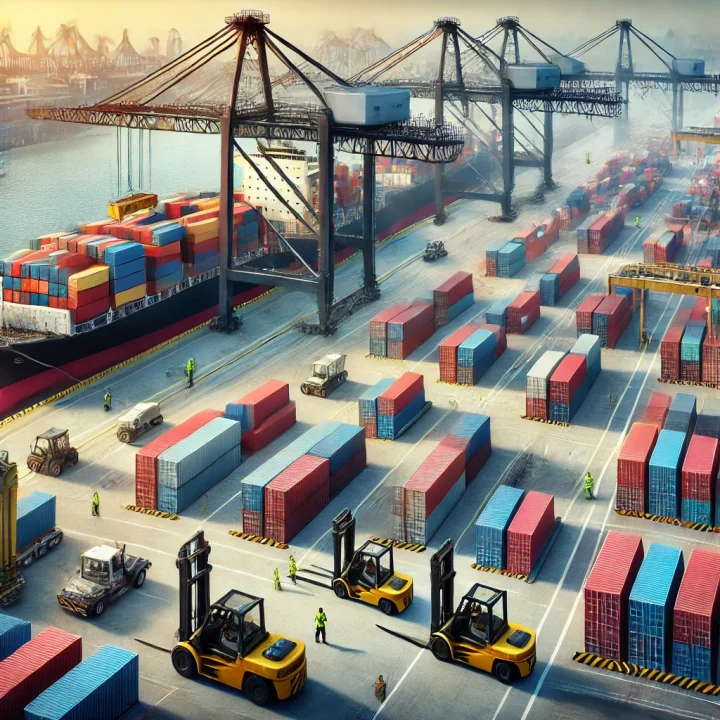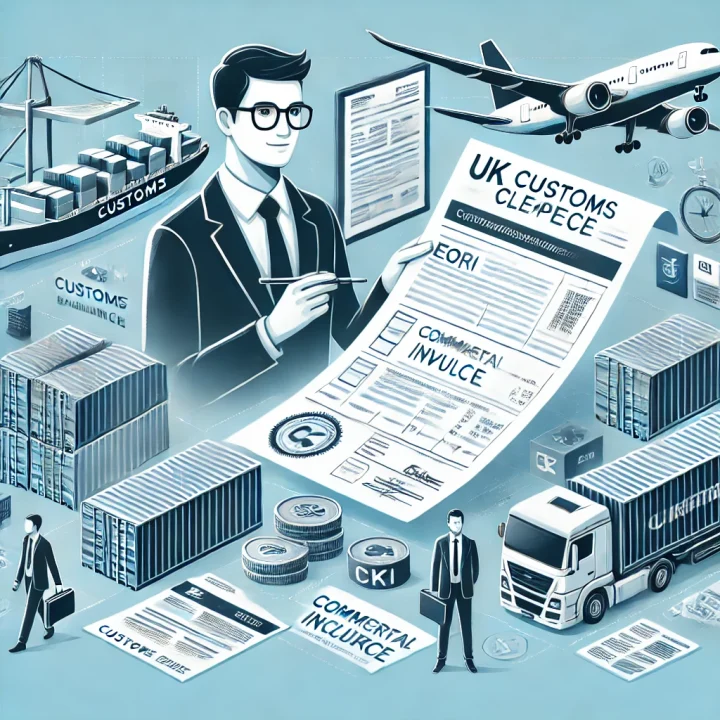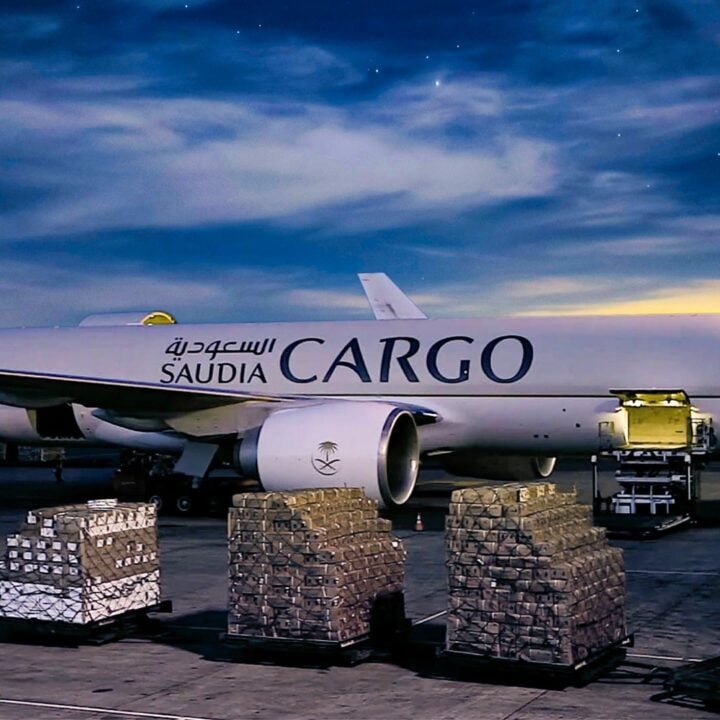What is a Freight Forwarder?
A freight forwarder is a key player in the logistics and transportation industry, acting as an intermediary between shippers and various transportation services such as ocean shipping on cargo ships, trucking, expedited shipping by air freight, and moving goods by rail. Their expertise lies in arranging the transport and logistics of goods from the manufacturer or producer to a market, customer, or final point of distribution.
The history of freight forwarding is a fascinating journey that mirrors the evolution of trade and commerce throughout human history. This profession has evolved significantly over time, adapting to changes in transportation methods, technology, and global trade patterns.
Early Beginnings:
Ancient Times: The roots of freight forwarding can be traced back to ancient times when traders and merchants required assistance to move goods over long distances. The traders of the ancient world, like those in the Roman Empire and the Silk Road merchants in Asia, relied on a network of middlemen and agents to transport goods along trade routes.
Middle Ages: During the Middle Ages, guilds in Europe played a role similar to modern-day freight forwarders. These guilds were associations of craftsmen and merchants who controlled and regulated trade. They arranged the transportation of goods and ensured their safety.
Industrial Revolution:
The Industrial Revolution in the 18th and 19th centuries marked a significant turning point for the freight forwarding industry. The advent of steam-powered ships and railroads revolutionized the transportation of goods.
During this period, the role of freight forwarders became more defined and specialized. They began to focus on logistics and coordination, helping shippers navigate the complexities of routes, modes of transport, and customs regulations.
20th Century Developments:
The early 20th century saw further growth and specialization in the freight forwarder industry. The introduction of motor vehicles added a new dimension to cargo transportation.
The two World Wars also had a significant impact on the freight forwarder industry. During these times, efficient logistics and supply chain management were crucial, leading to advances in transportation and logistics planning.
After World War II, the expansion of international trade led to increased demand for freight forwarder services. This period saw the rise of air freight, which added a new level of speed and efficiency to global trade.
Technological Advancements:
The latter part of the 20th century and the early 21st century have been marked by significant technological advancements. The advent of containerization in the 1950s was a revolutionary change that dramatically improved the efficiency of shipping goods.
The rise of information technology and the internet in the late 20th century transformed the freight forwarder industry. Digitalization enabled better tracking, improved logistics management, and more efficient operations within freight forwarder industry.
Modern Era:
Today, freight forwarders are integral to global trade, offering a range of services that go beyond mere transportation. Freight forwarders provide logistics solutions, customs brokerage, warehousing, and supply chain management.
The current trend is towards more integrated, customer-focused services, with an emphasis on sustainability and environmental responsibility.
The history of freight forwarder is a story of adaptation and evolution, reflecting broader changes in technology, transportation, and international trade. From the ancient trade routes to the digital highways of today, freight forwarders have continued to play a crucial role in connecting markets and facilitating global commerce.
Milky Way Logistics, a prominent freight forwarder based in the City of London, epitomizes the dynamic and essential role of freight forwarders in the global supply chain. With over 20 years of combined experience in the industry, Milky Way Logistics has established as UK freight forwarder as a vital conduit in the logistics and transportation sector, leveraging its extensive network of freight forwarders and service providers to facilitate the efficient and safe movement of goods across the globe.

Freight Forwarder UK
Central to Milky Way Logistics‘ operations is its expertise in acting as freight forwarder and an intermediary between shippers and various transportation services such as ocean shipping, air freight, trucking, and rail transport. This London-based freight forwarder company excels in negotiating the best possible routes and rates for transporting goods, considering the nature of the goods and the specific needs of the shipper. This requires a deep understanding of logistics and freight forwarding complexities, including diverse shipping routes, cost variations among different transport methods, and the intricacies of international trade regulations.
A key function of Milky Way Logistics as a successful freight forwarder is working closely with consolidators for the consolidation of shipments, a service that is particularly beneficial for smaller shippers. By combining multiple smaller shipments (LCL) into a full container load (FCL), they effectively reduce transportation costs, allowing smaller entities to benefit from shared expenses. Conversely, for larger shipments, the company efficiently arranges full container loads, optimizing cost and efficiency for bigger clients.

Handling logistical tasks of freight forwarding is another area where Milky Way Logistics shines. The company adeptly manages the preparation and filing of necessary documentation for customs clearance, insurance, and compliance with both local and international laws. This encompasses handling bills of lading, invoices, and other essential paperwork critical to the movement of goods. Their expertise in navigating customs regulations and requirements in various countries is key to preventing delays and avoiding penalties.
Milky Way Logistics also provides invaluable tracking and tracing of shipments within each freight forwarder task, offering shippers regular updates on their cargo’s status. This level of transparency is crucial for freight forwarder businesses to effectively manage their operations and inventory.
Additionally, Milky Way Logistics offers ancillary services such as warehousing and distribution through its first-class professional network of freight forwarders. They offer facilities for temporary storage of goods before their final shipment, a service that is highly beneficial for businesses needing to closely manage inventory levels or deal with seasonal demand fluctuations.
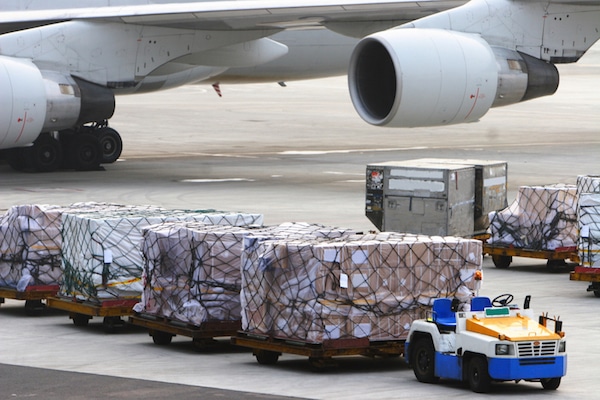
In today’s globalized economy, the role of freight forwarders like Milky Way Logistics has become increasingly significant. As businesses seek to extend their reach into new international markets, they rely heavily on the expertise of freight forwarders to navigate the complexities of international shipping. Milky Way Logistics, with its profound understanding of different cultures, languages, and legal systems, stands out as an invaluable freight forwarder and partner for businesses aiming for global expansion.
In summary
Milky Way Logistics represents the perfect example of a modern international freight forwarder, offering a collection of services that ensure the smooth, efficient, and cost-effective transportation of goods across the world. Their deep knowledge and expertise in logistics management, combined with their ability to handle the intricacies of international trade, render them an indispensable ally for businesses looking for a professional freight forwarder to navigate the complexities of the global supply chain. Whether by land, sea, or air, Milky Way Logistics guarantees that goods reach their destinations safely, punctually, and in the most economically feasible manner.
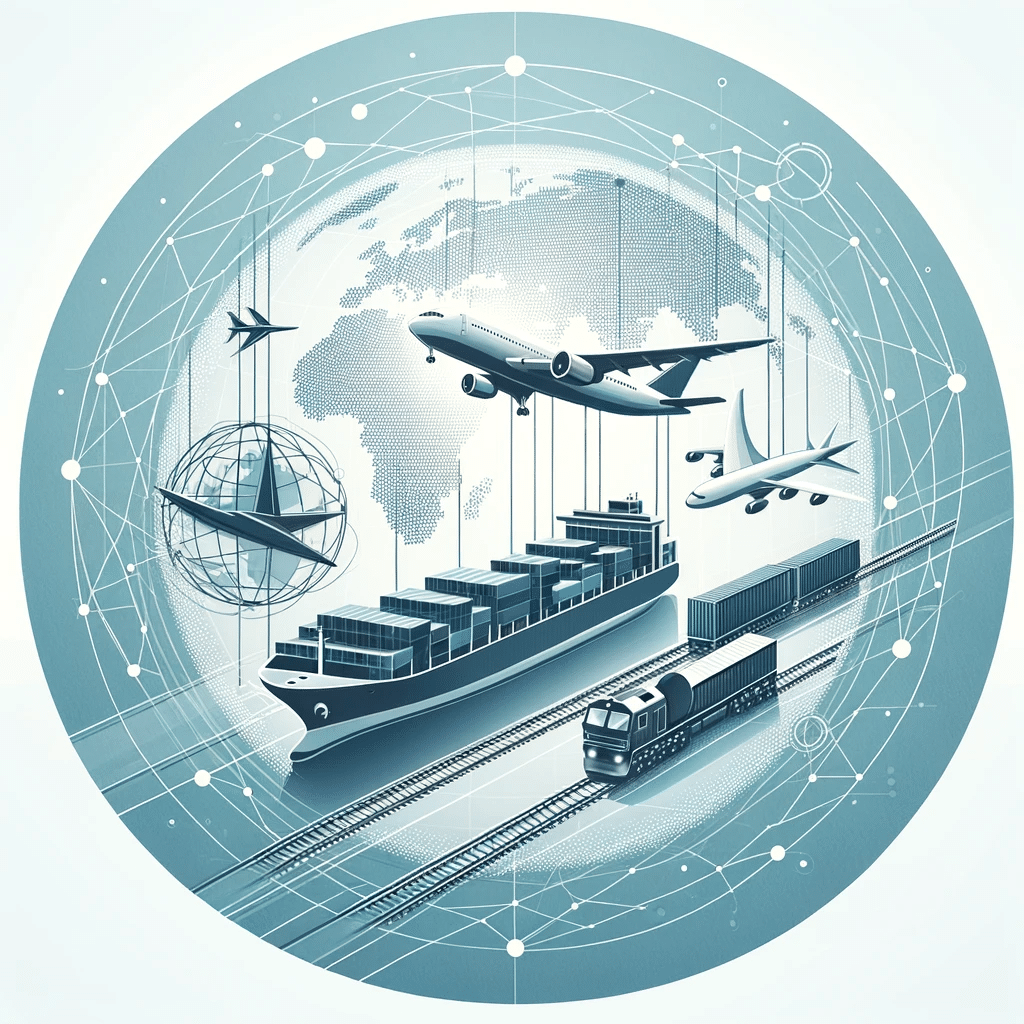
Best Freight Forwarder
#HistoryOfFreightForwarding #LogisticsEvolution #TradeJourney #GlobalCommerceTimeline #TransportationThroughAges #FreightForwardingLegacy #ShippingHistory #FromSilkRoadToDigitalRoad #EvolutionOfTrade #FreightForwardingMilestones



